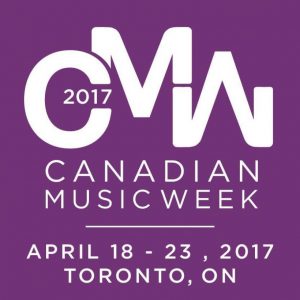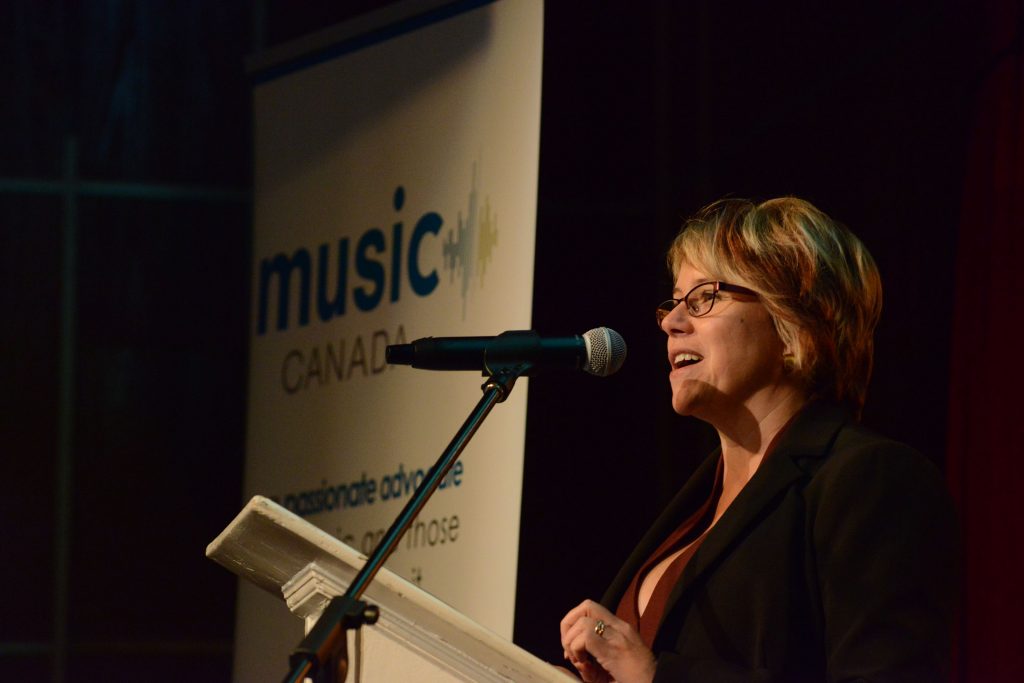 Once again, global city planners and the music industry will take part in Music Canada’s and Canadian Music Week’s international creative-economy summit “The Mastering of a Music City.” The day-long summit will take place during Canadian Music Week on Friday, April 21, 2017.
Once again, global city planners and the music industry will take part in Music Canada’s and Canadian Music Week’s international creative-economy summit “The Mastering of a Music City.” The day-long summit will take place during Canadian Music Week on Friday, April 21, 2017.
This will be the second year of the summit which last year brought close to 200 entrepreneurs, industry executives, tourism experts, artists, and musicians from all over the world together to talk about Music Cities—the shared realization that cities across the globe enjoy an often-huge economic dividend from the creation, performance, and reception of music.
The summit will begin with opening remarks from Neill Dixon, President of Canadian Music Week, and Amy Terrill, EVP, Music Canada, and author of “The Mastering of a Music City” report, and Mayor of Toronto John Tory.
Helen Marcou, owner of Bakehouse Studio in Melbourne Australia, will deliver the opening keynote on The Role of Advocates: A Story of Successfully Fighting for Your Music City. When an iconic Melbourne venue was threatened with closure, Helen started a movement called Save Live Australia’s Music, or SLAM. Before she was done, 20,000 had marched on the steps of the legislature, laws were amended, and a permanent voice for music was created. Helen continues to be one of Melbourne’s strongest music advocates. Helen will share her story of fighting for her Music City.
Other notable events include:
- A keynote presentation by Molly Neuman, Head of Music at Kickstarter How to Prevent Monoculture from Killing Our Music Cities. Neuman will speak to the future of culture sustainability.
- A presentation and panel session on UNESCO Cities of Music that asks whether it is time for a North American member.
And four panel discussions:
- The Music City Leaders Panel will ask key questions of elected officials who have identified music as a key strategy or economic sector in their cities. Panelists include Karl Dean, former mayor of Nashville; John Tory, Mayor of Toronto; Filippo del Corno, Assessore alla Cultura, City of Milan; Maria Claudia Lopez Sorzano, Secretary of Culture, Recreation and Sports, City of Bogota; and Manon Gauthier, Member of the City of Montreal Executive Committee, City of Montreal.
- The Music Ecosystem Panel will discuss how to identify gaps in a city’s music ecosystem—which supports the development of artists—which gaps are critical and what to do to address them.
- The Music Tourism Panel will talk about how music is a powerful motivator for travel. Attendees will hear from some of the most successful properties that incorporate music into their offerings, and how it attracts music tourists.
- The How to Work with the Development Community panel will be moderated by Toronto City Councillor Josh Colle, and will include Shain Shapiro, Managing Director of Sound Diplomacy and Co-Founder of the Music Cities Convention. The panel will investigate the competition for space between development and cultural spaces.
Individual tickets are available to the summit or you can gain access with the CMW VIP pass.
Music Canada will livestream the opening remarks and the following panels: The Role of Advocates: A Story of Successfully Fighting For Your Music City, The Music City Leader’s Panel, and How To Work With The Development Community. You can watch these discussions live on Music Canada’s Facebook feed.







Music Canada